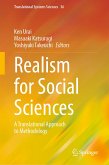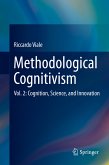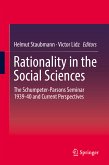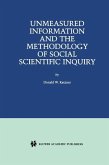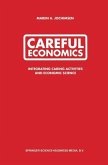At a societal level, knowledge is managed through science/technology and innovation. And while science/technology is society's way to create new means with high efficiencies, they reveal nothing about values. Technology can be used for good or for evil, to make the world into a garden or to destroy all life. It is societal wisdom which should influence the choice of proper ends -- ends to make the world a garden.
How can society make progress in wisdom as well as knowledge? Historically, the disciplines of the physical sciences and biology have provided scientific foundations for societal knowledge But the social science disciplines of sociology, economics, political science have not provided a similar scientific foundation for societal wisdom. To redress this gap, Frederick Betz examines several cases in recent history that display a fundamental paradox between scientific/technological achievement with devastating social effects (i.e., historical events of ideological dictatorships in Russia, Germany, China, and Yugoslavia). He builds a new framework for applying social science perspectives to explain societal histories and social theory. Emerging from this methodological and empirical investigation is a general topological theory of societal dynamics. This theory and methodology can be used to integrate history and social science toward establishing grounded principles of societal wisdom.
Dieser Download kann aus rechtlichen Gründen nur mit Rechnungsadresse in A, B, BG, CY, CZ, D, DK, EW, E, FIN, F, GR, HR, H, IRL, I, LT, L, LR, M, NL, PL, P, R, S, SLO, SK ausgeliefert werden.




